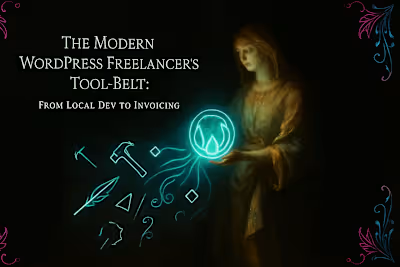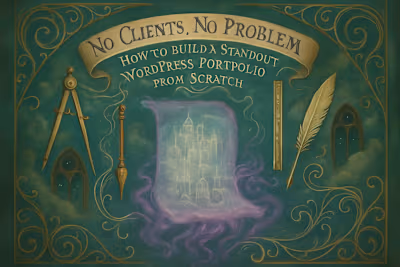Side Hustle to CEO: How to Legally Set Up Your WordPress Freelance Business

Side Hustle to CEO: How to Legally Set Up Your WordPress Freelance Business
Choosing the Right Business Structure
Sole Proprietorship: The Simple Start
Limited Liability Company (LLC): Protecting Your Assets
When to Choose Which Structure
Navigating Taxes and Financials
Understanding Self-Employment Tax
The Importance of Form W-9 and 1099-MISC
Opening a Business Bank Account
Contracts: Your Most Important Business Tool
What Every Freelance Contract Needs
The Rise of 'Freelance Isn't Free' Acts
Business Licenses and Registrations
Do You Need a Business License?
Registering a 'Doing Business As' (DBA) Name
Conclusion
References
Side Hustle to CEO: How to Legally Set Up Your WordPress Freelance Business
Choosing the Right Business Structure
Sole Proprietorship: The Simple Start
Limited Liability Company (LLC): Protecting Your Assets
When to Choose Which Structure
Navigating Taxes and Financials
Understanding Self-Employment Tax
The Importance of Form W-9 and 1099-MISC
Opening a Business Bank Account
Contracts: Your Most Important Business Tool
What Every Freelance Contract Needs
The Rise of 'Freelance Isn't Free' Acts
Business Licenses and Registrations
Do You Need a Business License?
Registering a 'Doing Business As' (DBA) Name
Conclusion
References
Posted Jul 6, 2025
Ready to turn your WordPress side hustle into a full-time business? Learn the essential legal steps, from choosing a business structure to creating contracts.










